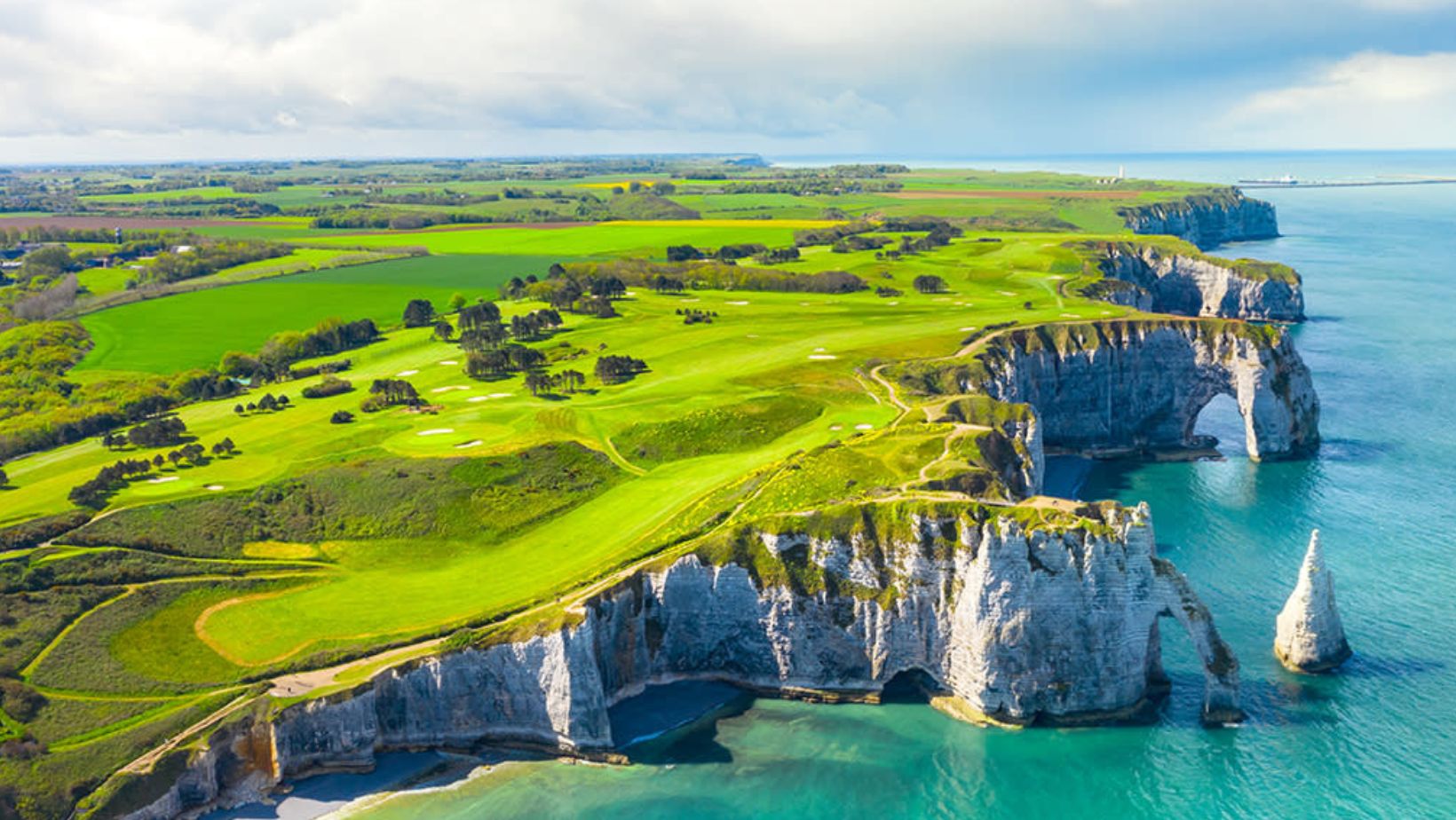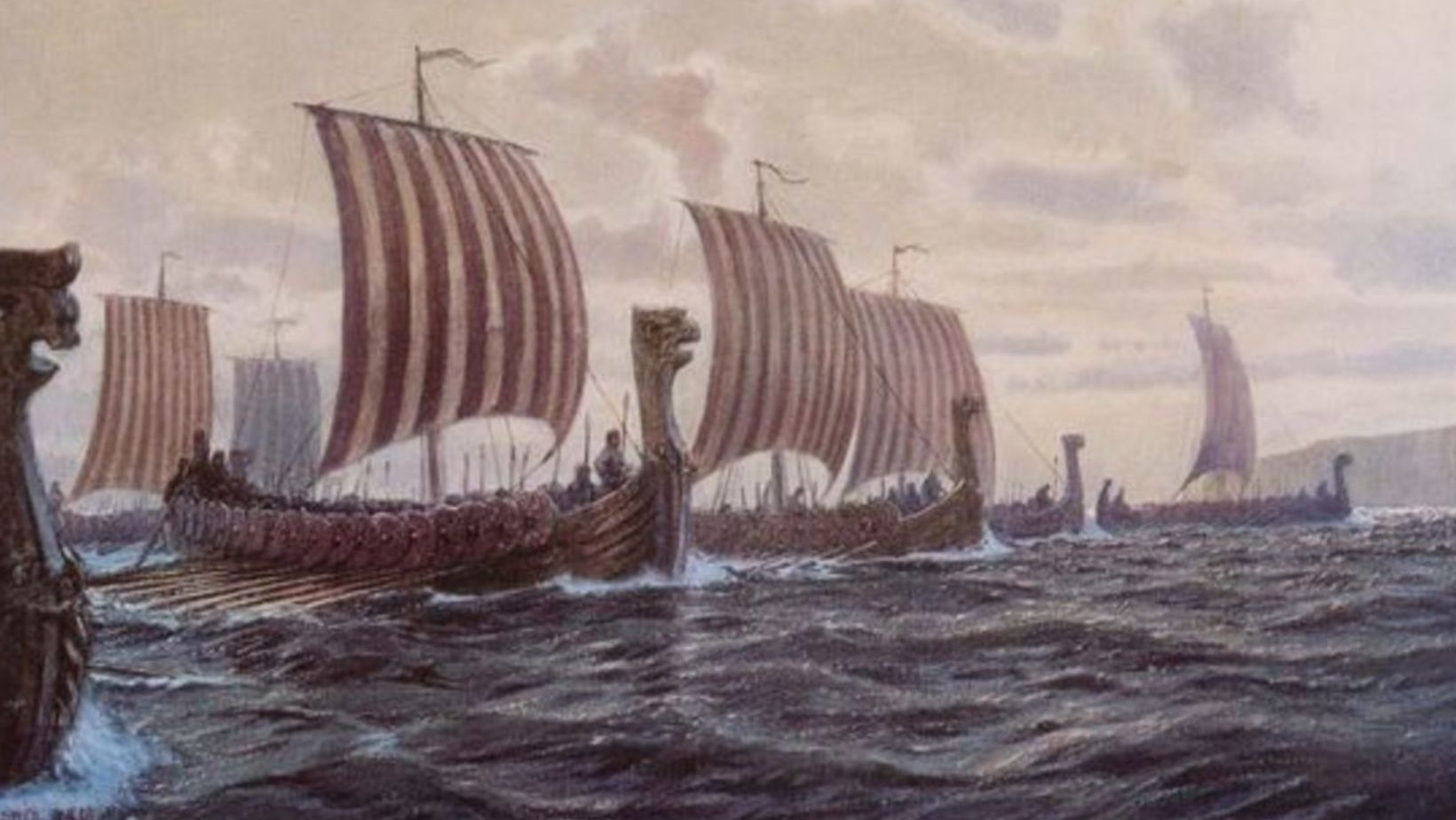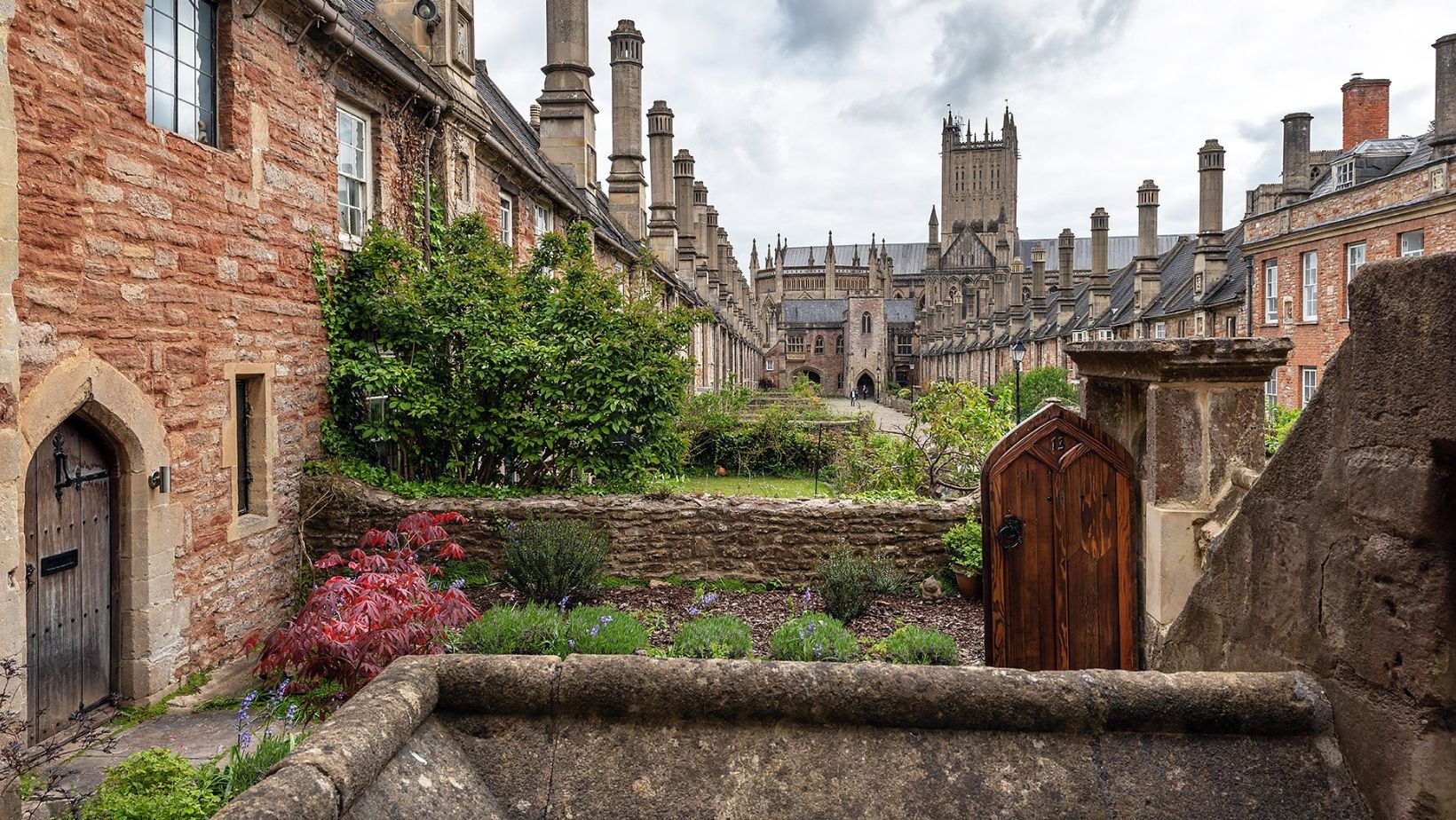Vikings once roamed the coasts of Europe, and one of their most fascinating stops was Normandy. In the early 10th century, these formidable Norsemen settled in what is now northern France, forging a unique chapter in history. Why did they choose this particular region? Understanding the reasons and the impacts of Viking settlements in Normandy sheds light on both Viking ambitions and the transformation of Normandy. Dive into the story of how Viking explorers turned conquerors and how their legacy continues to shape the region today.
Historical Background: The Viking Age
The Viking Age, spanning from the late 8th to the early 11th century, was a period of intense exploration and expansion. Vikings, primarily from Scandinavia, embarked on maritime journeys that reshaped European history. Driven by a mix of trade opportunities, overpopulation, and the quest for wealth, these seafarers ventured far from their homelands. Their longships, technological innovations, and fierce reputation made them formidable explorers and conquerors. This era was marked by significant cultural exchanges, with the Vikings establishing settlements across much of Europe, including Normandy. Their influence during this period was profound, leading to lasting changes in the regions they touched.
The Geography of Normandy: A Strategic Choice

Normandy, located in northwestern France, features a diverse and strategic geography. The region boasts a mix of fertile plains, rolling hills, and a rugged coastline. Its position along the English Channel provided Vikings with easy access to maritime routes and trade networks. The natural harbors and navigable rivers in Normandy were ideal for docking ships and establishing settlements. Additionally, the region’s relatively mild climate and rich soil offered favorable conditions for agriculture. This combination of strategic access and natural resources made Normandy an appealing choice for Viking settlers seeking new opportunities.
Viking settlements in Normandy: The Treaty of Saint-Clair-sur-Epte
The Treaty of Saint-Clair-sur-Epte, signed in 911, was a pivotal agreement between Viking leaders and the Frankish King Charles the Simple. The treaty granted the Vikings control over the region of Normandy in exchange for their conversion to Christianity and allegiance to the Frankish crown. This arrangement aimed to end Viking raids on Frankish territories and establish a stable relationship between the two parties. In return, the Vikings were given land in what is now northern France, which they would defend against other invaders. This treaty marked a significant shift in Viking strategy, from raiding to establishing a lasting presence in Normandy.
Economic Opportunities: Viking settlements in Normandy
Normandy offered significant economic advantages that appealed to the Vikings. The region’s fertile land was ideal for agriculture, providing the Vikings with the opportunity to cultivate crops and raise livestock. Additionally, Normandy’s strategic location along major waterways facilitated trade with both Europe and the British Isles. This access to trade routes allowed the Vikings to engage in commerce, acquire valuable goods, and integrate into the local economy. By leveraging these economic opportunities, the Vikings could establish a stable and prosperous settlement, ensuring their long-term presence in Normandy.
Viking Settlements in Normandy: Strategic Location and Defenses

Normandy’s location offered crucial military benefits that made it appealing to the Vikings. Positioned along the Seine River, it provided easy access to both inland and maritime routes, enhancing strategic mobility. The region’s natural features, such as its coastal cliffs and river estuaries, helped in defense, making it challenging for enemies to launch successful attacks. Local defenses, including fortifications and watchtowers, were strengthened by the Vikings to secure their settlement against potential threats. These factors combined to make Normandy a defensible and strategically advantageous base for Viking activities.
Cultural Integration: The Norse and Frankish Influence
The Viking settlement in Normandy led to a significant blending of Norse and Frankish cultures. Over time, the Norse settlers adopted many aspects of Frankish customs and societal norms. This cultural fusion impacted language, with Old Norse and Old French merging to form the Norman dialect. Norse traditions and legal practices were also influenced by Frankish systems, creating a unique hybrid culture. This integration shaped the social and cultural landscape of Normandy, leading to a distinct identity that combined elements from both cultures.
Legacy of Viking Settlements: Historical and Archaeological Evidence
Archaeological discoveries in Normandy reveal much about Viking settlements. Key findings include remnants of Viking longhouses, tools, and artifacts, such as jewelry and weapons. These artifacts provide insight into Viking daily life and their integration with the local population. Historical records, including chronicles and documents from the period, also confirm Viking influence. These records detail the Viking’s roles in local politics, trade, and their interactions with the Frankish rulers. Together, these archaeological and historical sources help us understand the lasting impact of Viking settlements on Normandy’s culture and history.
Notable Figures: Viking Leaders and Their Roles

Several prominent Viking leaders played crucial roles in settling Normandy. Rollo, the most famous, was the first Duke of Normandy, who established Viking rule in the region through the Treaty of Saint-Clair-sur-Epte. His leadership laid the foundation for the Norman state. Another notable figure was William Longsword, Rollo’s successor, who consolidated Viking control and expanded Norman influence. These leaders not only established settlements but also integrated into local politics, shaping Normandy’s future. Their impact is seen in the region’s cultural and political development, leaving a legacy that persists in Normandy’s history and heritage.
The Evolution of Normandy: From Viking Settlement to Modern Region
Viking settlements in Normandy laid the groundwork for the region’s development into a significant medieval state. Initially, the Vikings established their presence through military conquest and the Treaty of Saint-Clair-sur-Epte. Over time, they assimilated with local Frankish populations, blending Norse and Frankish cultures. This integration led to the creation of a unique Norman identity, influencing language, governance, and architecture. The Norman dukes expanded their territory, solidifying their power and contributing to the rise of Normandy as a prominent region in Europe. Today, Normandy’s rich history is reflected in its cultural heritage, historic landmarks, and regional traditions, demonstrating the lasting impact of Viking settlement on its evolution.
The Influence of Viking Settlement on European History

The Viking settlement in Normandy had a profound impact on European history. The Normans, descendants of Vikings, played a key role in shaping medieval Europe. Their influence is evident in significant events like the Norman Conquest of England in 1066, which drastically changed English society and governance. The Normans also established a powerful presence in Sicily and southern Italy, impacting the political and cultural landscape of the Mediterranean. Through their military conquests, administrative innovations, and cultural integration, the Normans contributed to the evolution of European kingdoms and the broader medieval world, leaving a lasting legacy on the continent’s historical trajectory.
Conclusion: Viking Settlements in Normandy
The Vikings chose Normandy for its strategic advantages, fertile land, and economic opportunities. Their settlement profoundly shaped the region’s history, blending Norse and Frankish cultures into a unique identity. The legacy of Viking Normandy extends beyond military conquests to include significant contributions to European history, such as the Norman Conquest of England. Understanding this legacy highlights the enduring impact of Viking expansion and its role in the development of medieval Europe, illustrating how historical choices can leave lasting impressions on regional and global scales.
FAQs About Viking Settlements in Normandy
What was the main reason for Viking interest in Normandy?
Vikings were attracted to Normandy for its strategic location, fertile land, and access to key trade routes. The region offered a blend of economic opportunities and defensive advantages, making it an ideal choice for settlement and expansion.
How did the Treaty of Saint-Clair-sur-Epte influence Viking settlement in Normandy?
The Treaty of Saint-Clair-sur-Epte, signed in 911, granted the Vikings land in Normandy in exchange for their protection of the Frankish kingdom. This agreement formalized the Viking presence and allowed for their integration into the region.
What were the economic benefits of settling in Normandy for the Vikings?
Settling in Normandy provided the Vikings with fertile land for agriculture and access to important trade routes. This enabled them to establish a prosperous economy based on farming and trading.
How did Viking leaders contribute to the development of Normandy?
Prominent Viking leaders, such as Rollo, played a crucial role in establishing and expanding Viking influence in Normandy. Their leadership helped integrate Viking and Frankish cultures, shaping the region’s development.
What is the significance of Viking settlements in the broader context of European history?
Viking settlements in Normandy had a lasting impact on European history, influencing the political landscape and contributing to the Norman Conquest of England. The cultural and political shifts initiated by the Vikings had far-reaching effects on medieval Europe.

